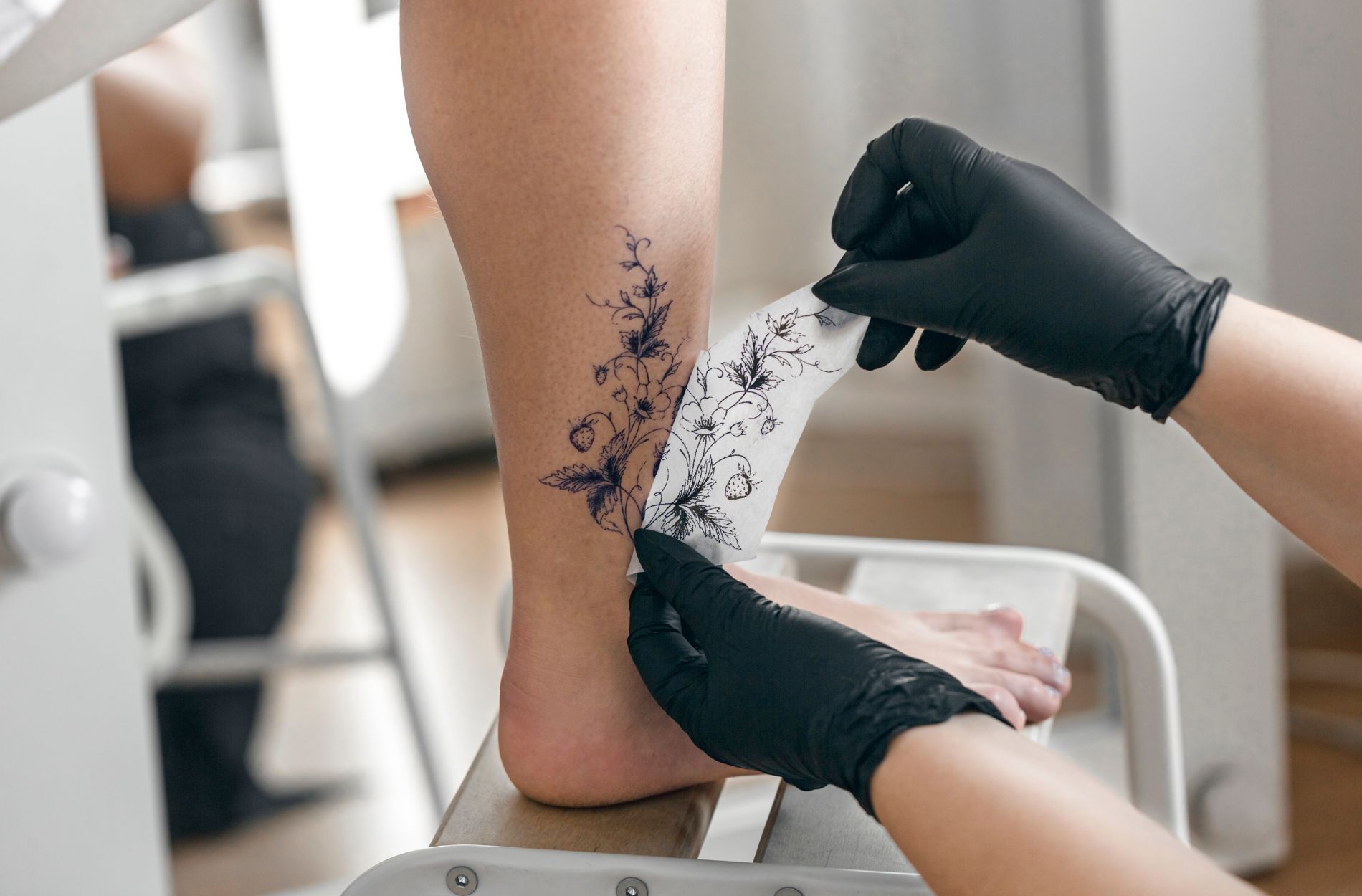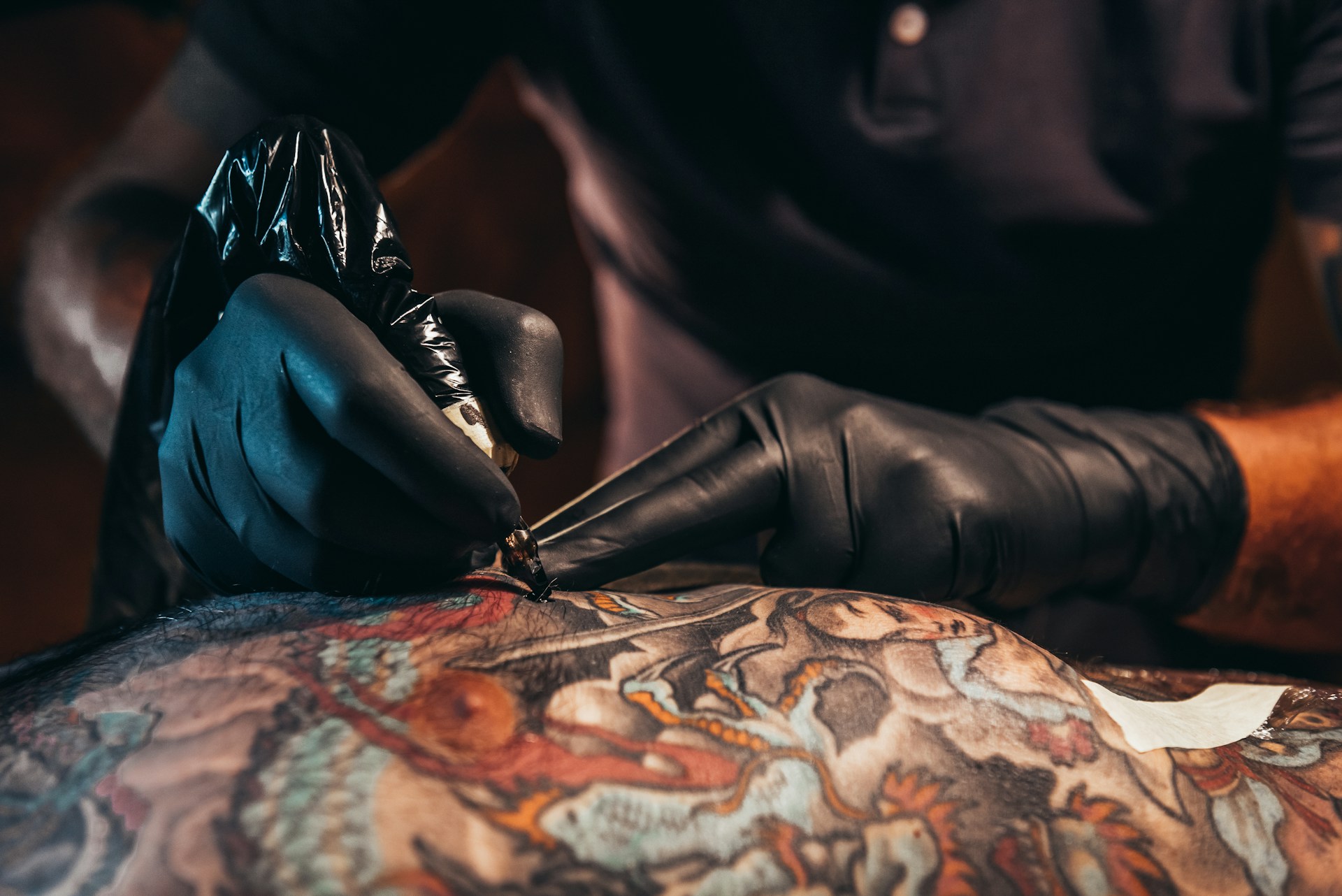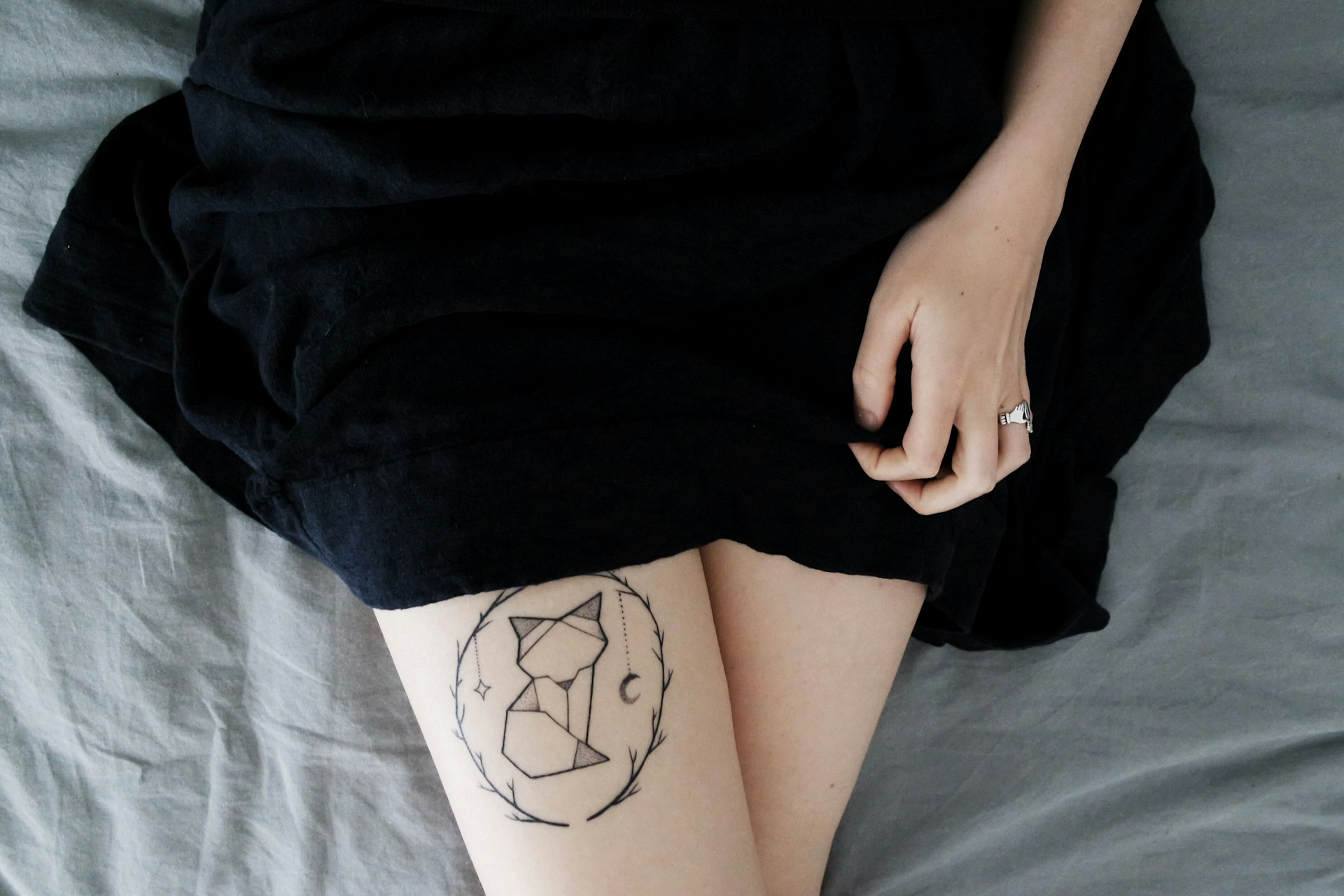Tattoos were once considered taboo, but they are widely accepted today. In fact, they are now associated with creativity, self-expression, and confidence. Since they became more popular than ever, many people, even with skin conditions like eczema, are encouraged to get inked. But is it really advisable to get tattoos if you have more sensitive skin?
What Happens When You Get a Tattoo If You Have Eczema?
Eczema, also known as atopic dermatitis, is a chronic skin condition caused by an immune system reaction. While the symptoms can be dormant, they may get triggered by illnesses, air pollution, allergies, or chemicals.
While it’s possible to get a tattoo even if you have eczema, remember that your skin is already sensitive since you have a skin condition. For this reason, you need to prepare for an increased risk of side effects during and after your tattoo session. Here are the risks of tattooing sensitive skin:
- Infection
- Increased itchiness
- Eczema flare-ups
- Hyperpigmentation or hypopigmentation
- Scarring
- Keloids
- An allergic reaction to the tattoo ink used
Interestingly, many people with eczema get a tattoo to cover up their scars from an eczema flare. If you are planning to do this, be aware that you are at an increased risk of experiencing side effects. It’s also possible that the scar you’re trying to cover up could worsen and become even more noticeable.
Is There Special Ink Used to Tattoo Sensitive Skin?
Tattoo inks come in different varieties. Some tattoo artists may already have ink for sensitive skin available in their shops, while others may need to order it in advance. To ensure your safety, inform your artist about your skin condition so they can get the ink ready in time for your appointment.
Additionally, it’s possible that your tattoo artist may choose not to work on your skin if you have any lesions caused by your eczema flare-up. So if you’re currently experiencing redness, itchiness, and other symptoms, it could mean that a flare-up is coming. Consider rescheduling your tattoo appointment and wait until your flare-up has passed and your skin has healed.
What Is the Proper Aftercare When Getting a Tattoo?
Taking care of your tattoo is similar to treating a fresh wound. This is because a tattoo is created by damaging your epidermis and dermis using needles. After your tattoo appointment, remember to:
- Remove the bandage within 24 hours
- Cleanse the tattoo site with a wet cloth or paper towel
- Dab on ointment onto the tattooed area
- Apply a fragrance-free moisturizer to prevent itchiness
Wait for several weeks for your new tattoo to heal. If you have eczema in the tattooed site, here are some products you may use to treat your flare-up:
- Prescription eczema ointments or creams
- Hydrocortisone cream
- An oatmeal bath
- Body lotion with oatmeal
- Cocoa butter
When Should You See a Doctor after a Tattoo?
If you think an eczema rash developed due to getting a new tattoo, it’s best to consult a doctor. It’s also important to seek medical attention if your tattoo gets infected. An infected tattoo has severe swelling, redness, and discharge oozing from the tattooed area.
Conclusion
Just because you have eczema doesn’t mean you can’t get a tattoo. But before you get inked, make sure to check the current state of your skin and talk to your tattoo artist about your skin condition before your appointment. If you are now ready to be more confident and comfortable about your skin, it’s time to look for trusted tattoo shops that can etch a beautiful piece of art on your body.
Lucky DeVille Tattoo Co. is a tattoo shop specializing in state-of-the-art tattooing, including full-color, realistic portrait work, and grayscale. We also offer cosmetic tattooing and tattoo touch-ups. Come visit our shop today!



